Today, the biggest news comes from the Baltic region.
Here, Russia is jamming GPS across Europe’s eastern flank with growing precision and reach, targeting not just military systems but civilian aviation and maritime traffic as well. Despite NATO safeguards, flights are being rerouted or canceled, and sea navigation is becoming increasingly compromised, with several governments now warning that a major accident is only a matter of time, but that might be exactly what Russia is looking for.

Russian GPS interference has now become a constant feature across the Baltic, northern Poland, southern Finland, and parts of Germany.

Civilian aircraft flying over these regions are regularly forced to switch to backup systems, and in more severe cases, divert or abort landings altogether, with Finnair already canceling all flights to Estonia for over a month due to safety concerns. Disruptions have been traced back to military installations in Kaliningrad, including the Okunevo antenna and jamming systems such as Borisoglebsk-2 and Murmansk-BN, also used in Ukraine.


The most dangerous aspect of these operations is their unpredictability; pilots can lose satellite navigation mid-flight with little warning, raising the risk of crash landings, instrument failure on approach, or even mid-air collisions in dense or low-visibility airspace. Although NATO has rapidly developed a backup navigation system called R-mode to guide aircraft and ships with ground-based radio beacons without GPS satellite input, even this system may not be reliable enough to prevent a crash, according to Baltic and German officials.


Maritime disruptions are also growing, with vessels losing positional accuracy in the Baltic Sea near Kaliningrad, adding strain to both civilian shipping and military logistics.

If a commercial plane or passenger ferry were to crash due to Russian jamming, the event would be treated not as an accident but as a deliberate escalation, one NATO has warned Moscow about for years. Such an incident would force NATO to respond, triggering a chain reaction that could escalate the confrontation far beyond electronic warfare.

The first step would likely involve indirect pressure: an immediate surge in military aid to Ukraine, including systems that have so far remained in reserve, combined with a renewed push to scale up Western defense production, and possibly even actively aiding Ukraine in taking down Russian jets, missiles, and drones flying into Ukrainian airspace.

However, if hundreds of civilians die in a GPS-jamming-related crash, NATO might pursue a more direct route, potentially targeting Kaliningrad’s jamming installations directly. Kaliningrad’s jamming systems might be targeted through cyberattacks or covert sabotage of the electronic warfare nodes with secret operatives. In a worst-case scenario, NATO countries could take direct individual military action to eliminate the Russian GPS jamming threat. These measures remain unlikely for now, but they are no longer theoretical, as Russia is operating near the line, and every near miss brings the region closer to a tipping point.

But this is exactly what Moscow wants. These GPS disruptions, hybrid strikes, and sabotage campaigns are not random acts of nuisance; they are part of a broader strategy designed to provoke the Baltics to strike first.

If a country like Estonia or Poland were to act on their own, and preemptively strike Russian systems, Moscow would claim it was under attack, flipping the narrative and eliminating the defensive nature of Article 5 from the playing field.

That ambiguity would fracture NATO unity, allowing Russia to isolate smaller countries and deal with them one at a time, while larger members stall, negotiate, or only send a limited response. A limited strike could also be used by Russia to justify military escalation, foreign support from its allies in Asia, or even the deployment of tactical nuclear weapons according to Russian nuclear doctrine, using it as an excuse to scare others into backing down.


The Kremlin’s goal is to test the outer limits of Western tolerance without crossing a line itself, hoping that someone else on the other side will.

Overall, Russia is not just interfering with airspace or shipping routes; it is baiting its adversaries into a conflict of Moscow’s choosing. These GPS jamming operations are part of a pattern: stretch the rules, create instability, and wait for a mistake. But the more successful this strategy becomes, the greater the chance that one of those mistakes will spiral out of control. The Baltics know they are being pushed, but they also know what is at stake. One crash, one overstep, and the hybrid war may turn into something much harder to contain.



.jpg)

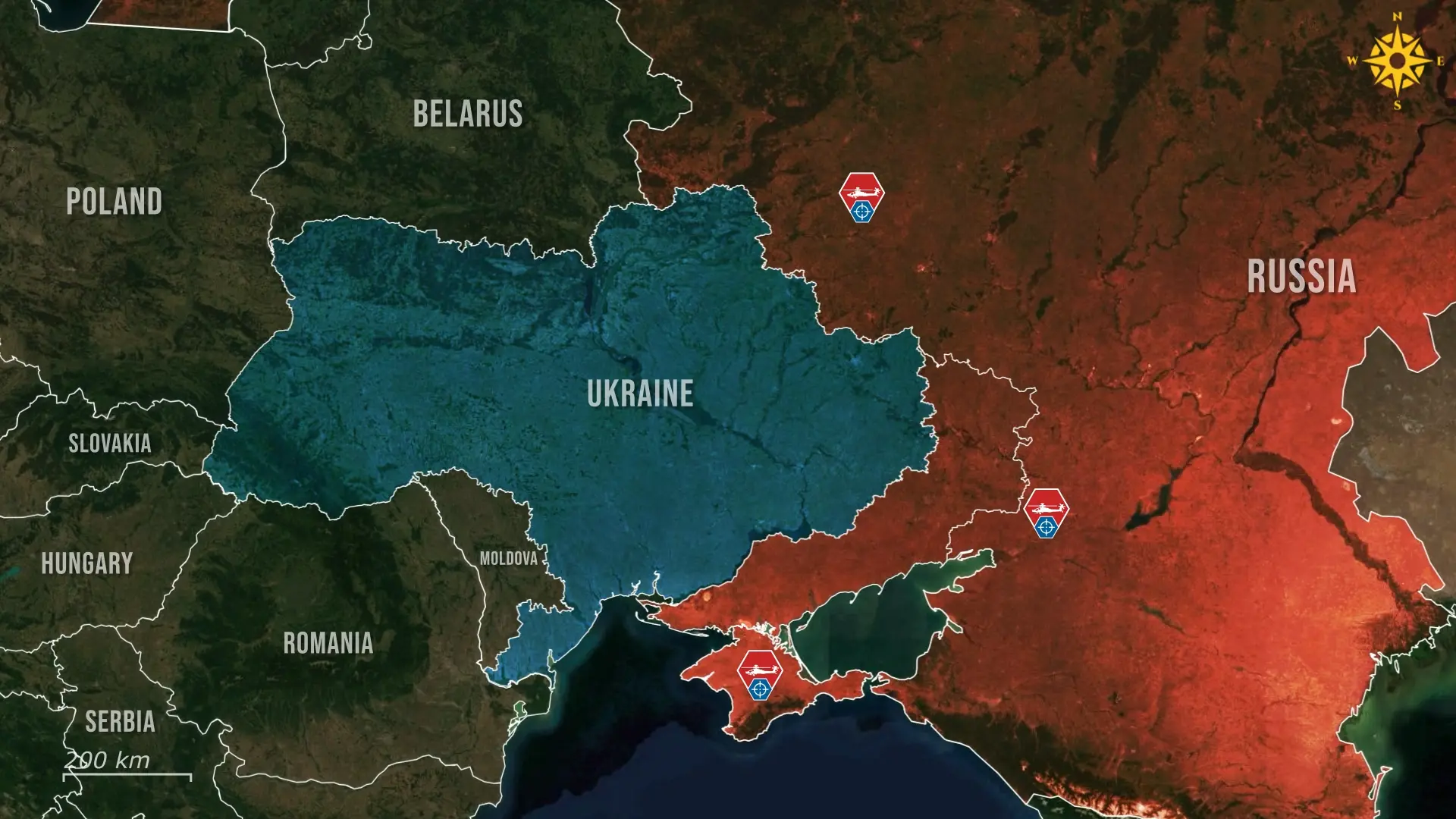
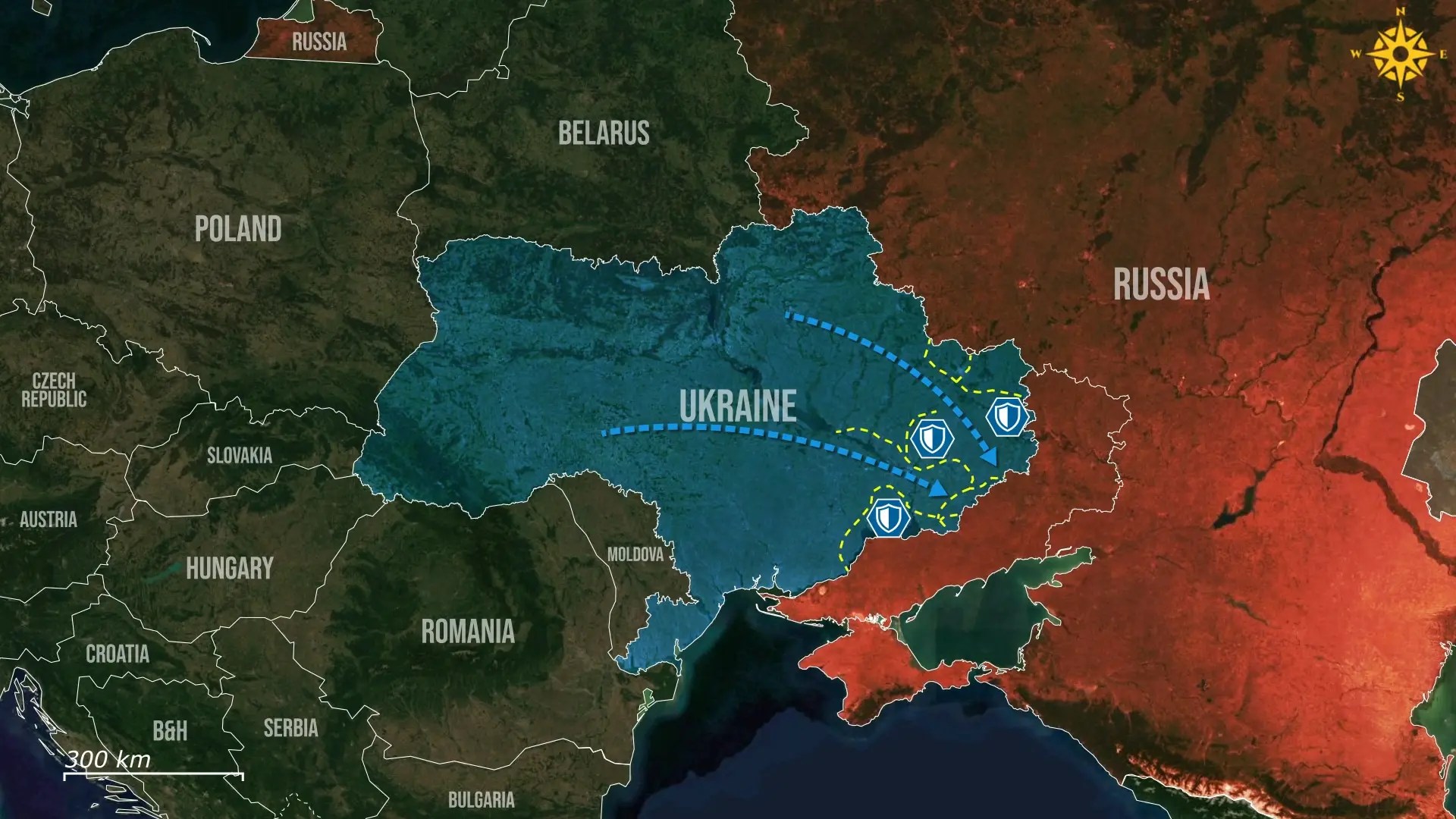
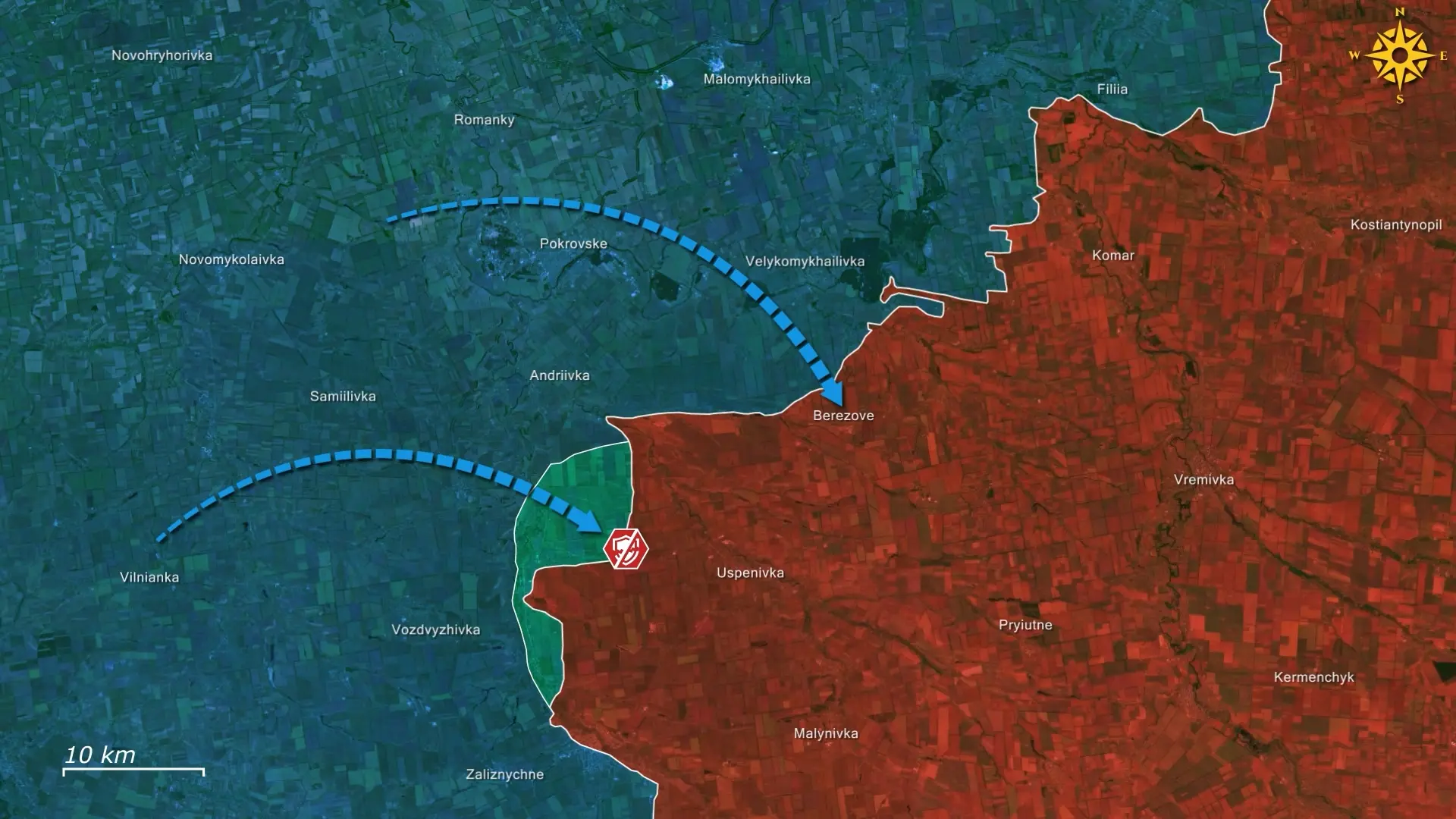
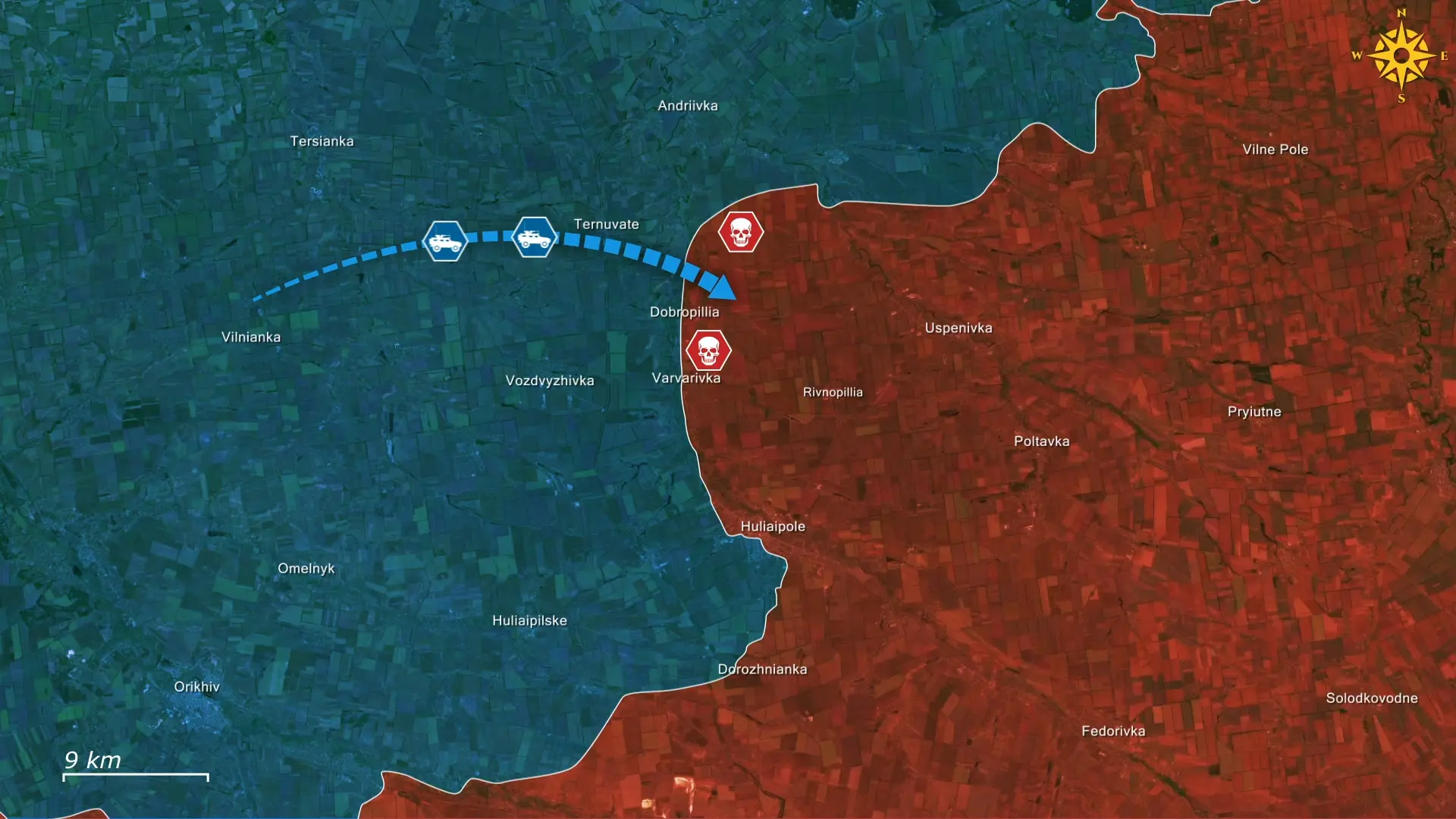
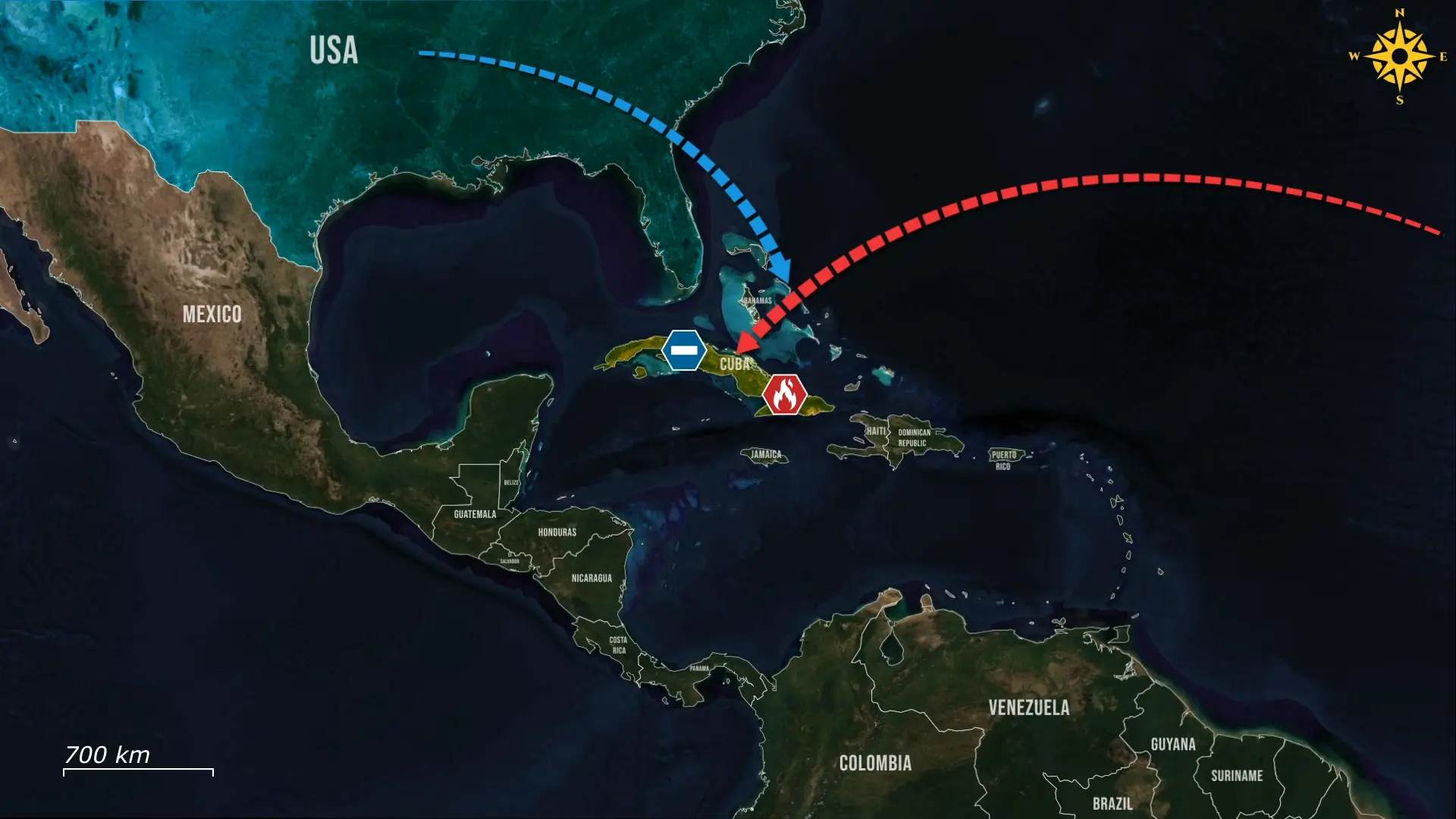
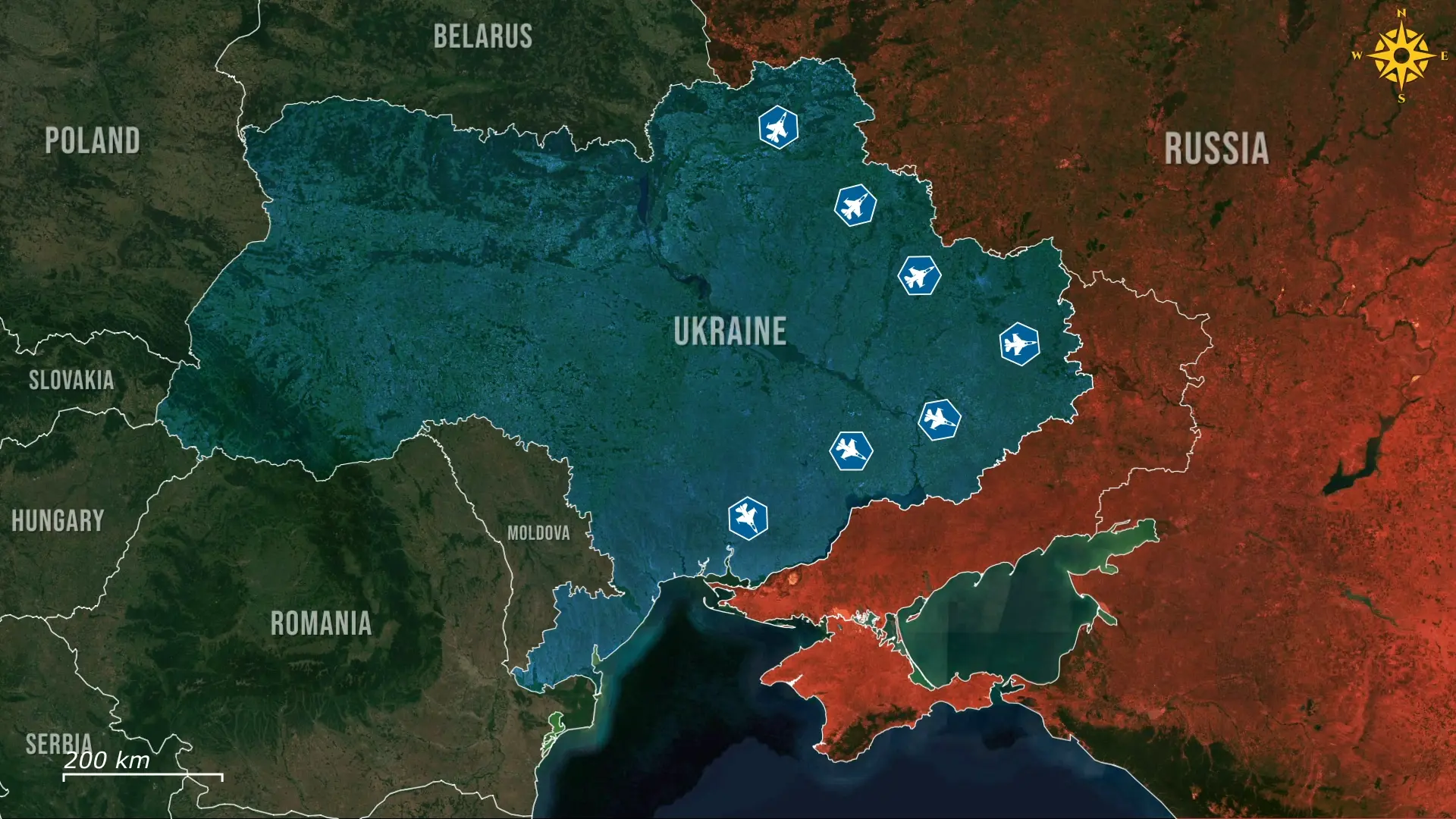
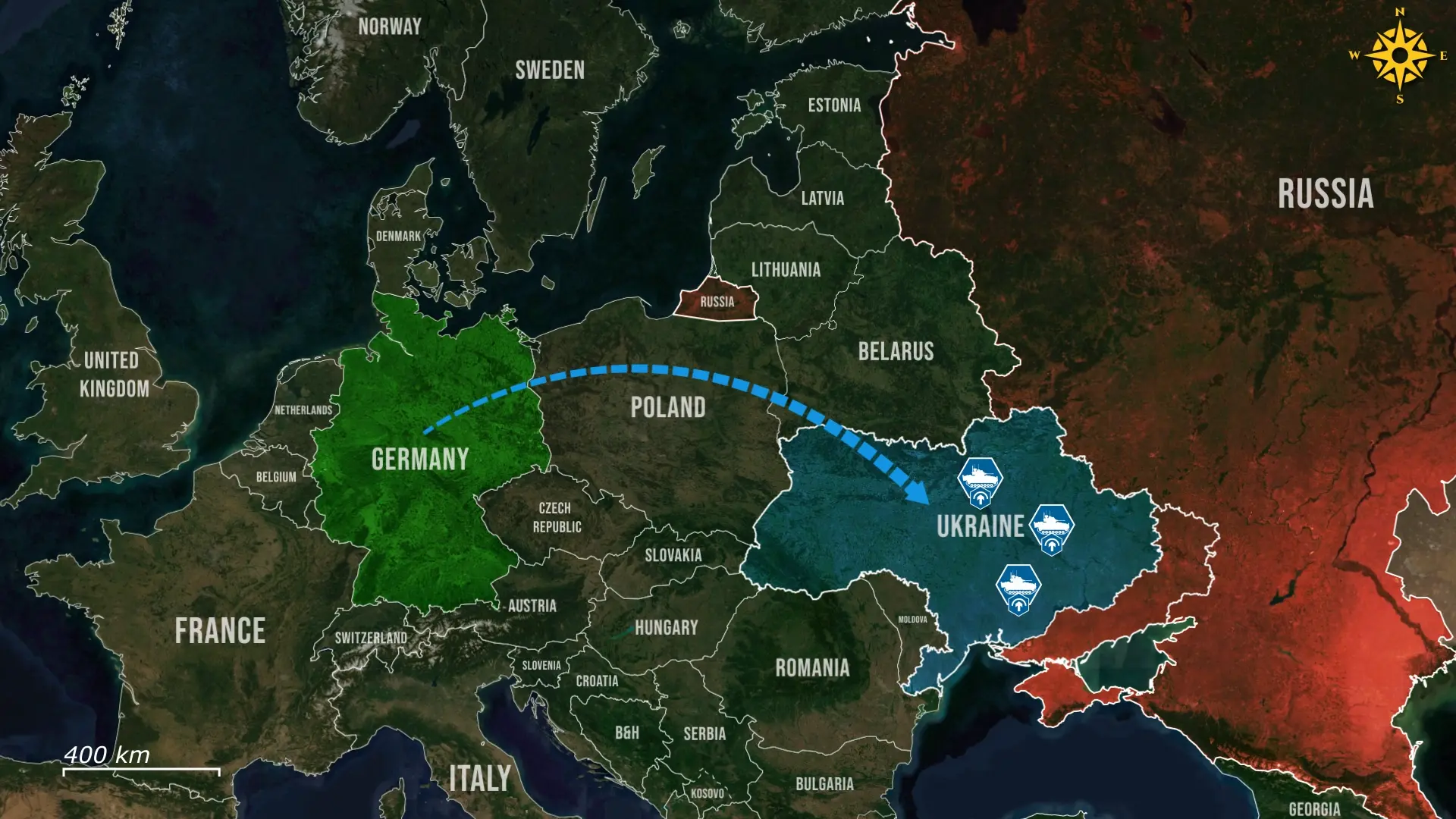
Comments